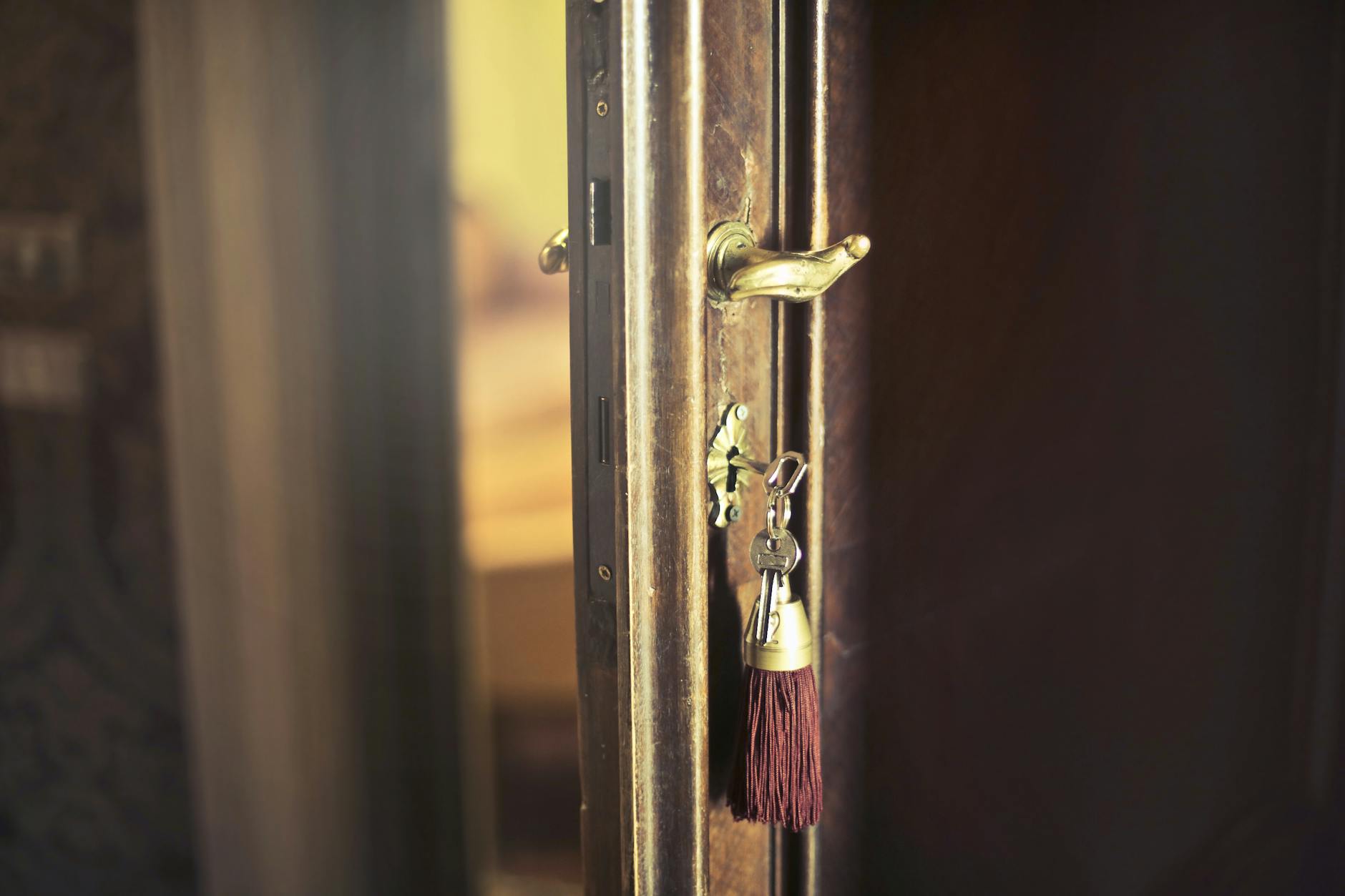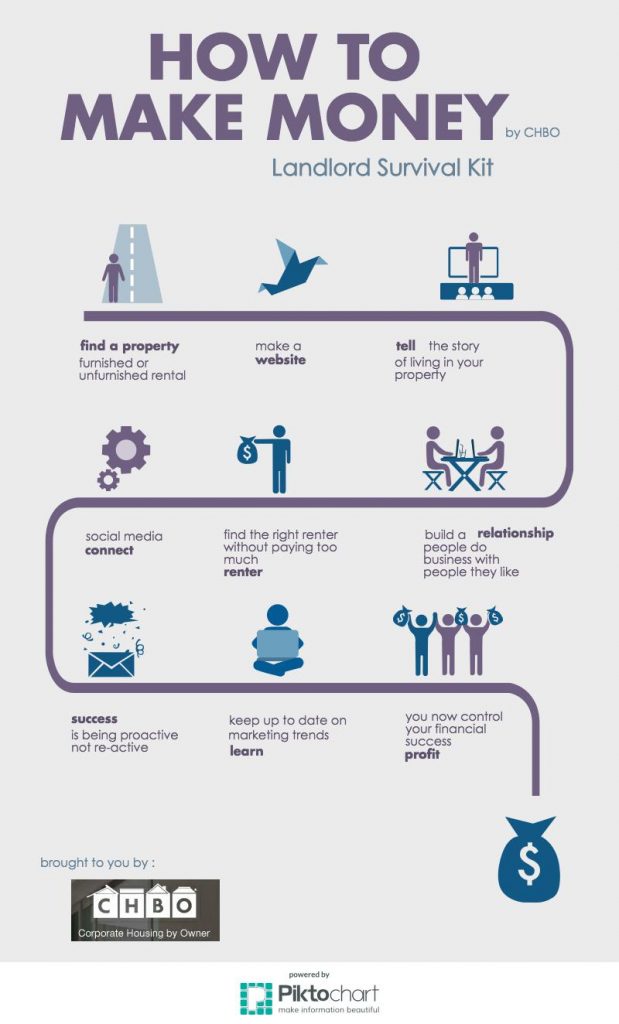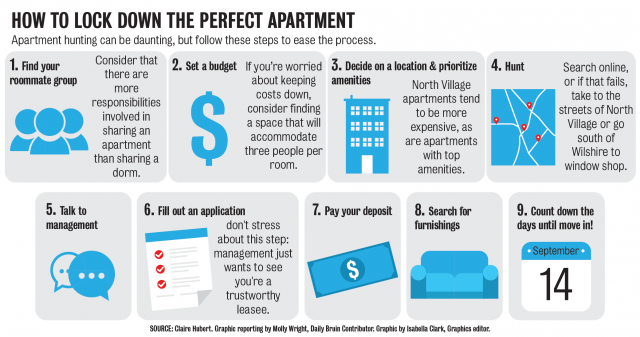Discover the essential survival tips and tricks for new renters in our comprehensive guide to navigating the rental world.

Image courtesy of Andrea Piacquadio via Pexels
Table of Contents
Introduction to Renting
Welcome to the world of renting! We’ll talk about what it means to rent a home and why it’s super cool for many people.
What is Renting?
Let’s dive into what it means to pay money to live in a place that someone else owns.
Finding a Place to Call Home
Looking for a place to call your own can be an exciting adventure! Whether you’re moving to a new town or just down the street, finding the perfect spot is important. Here are some tips to help you in your search.
Search Skills
Searching for a new home can be like solving a mystery. You’ll want to start by figuring out what you’re looking for. How many bedrooms do you need? Do you want a yard to play in? Once you know what you want, you can start looking online or asking around your neighborhood.
Remember, it’s essential to be patient and keep an open mind while searching. The perfect place may not come up right away, but if you stay determined, you’ll find a place that feels just like home.
Money Matters
When you decide to rent a home, it’s important to understand the costs involved. Let’s break down the money stuff you need to know, especially if you’re a first-time renter.

Image courtesy of www.corporatehousingbyowner.com via Google Images
Budgeting for Rent
One of the most important things to consider when renting a home is budgeting for rent. Rent is the amount of money you pay each month to stay in your new place. It’s super important to make sure you always have enough money saved up to cover your rent on time.
First, figure out how much you’ll need to pay each month for rent. Then, think about your other expenses, like food, fun activities, and school supplies. It’s a good idea to make a plan for your money so you know exactly how much you have left after paying your rent.
Understanding Leases
A lease is like a rule book for renting. It’s a super important document that tells you all the do’s and don’ts of living in a rented home. Let’s break it down into easy pieces, just like solving a puzzle.
Lease Basics
First off, what exactly is a lease? Well, think of it as a special agreement between you (the tenant) and the person you rent from (the landlord). This agreement lays out all the important stuff, like how much rent you need to pay, when it’s due, how long you can stay in the rental, and what things you’re allowed to do or not do while living there.
But here’s the super cool part – a lease also protects you! Yep, that’s right. It gives you rights and helps make sure your landlord follows the rules too. So, make sure to read it like a detective, paying close attention to every detail. If you’re not sure about something, don’t be afraid to ask questions. It’s totally okay to ask for help from an adult or someone you trust so you can fully understand what you’re getting into.
Remember, a lease is like a roadmap that guides your journey as a renter. By understanding and respecting the terms of your lease, you can make your renting experience smooth and worry-free. So, be sure to give it the attention it deserves and you’ll be on your way to successful renting!
Preparing to Move
Now that you’ve found the perfect new home, it’s time to start packing up all your stuff. Packing can be a lot of fun, but it’s also important to make sure everything stays safe during the move.

Image courtesy of dailybruin.com via Google Images
Here are some packing tips to help you get ready for the big day:
1. Start early: Packing takes time, so give yourself plenty of time to get everything sorted out. Begin by packing things you don’t need right away, like out-of-season clothes or toys.
2. Label everything: Make sure to label each box with the room it belongs in and a brief description of what’s inside. This will make unpacking a breeze once you’re in your new place.
3. Use the right materials: Invest in sturdy boxes, packing tape, and bubble wrap to protect your belongings. Don’t forget to use extra padding for fragile items like dishes or electronics.
4. Pack strategically: Place heavy items at the bottom of the box and lighter items on top. Fill any empty spaces with packing paper or towels to prevent things from shifting during the move.
5. Keep essentials handy: Pack a separate bag with your everyday essentials like toiletries, pajamas, and a change of clothes. This way, you’ll have everything you need on the first night in your new home without having to unpack everything right away.
By following these packing tips, you’ll be well-prepared for moving day and can start enjoying your new home in no time!
Checking Out Your New Pad
Before saying ‘yes’ to a place, it’s essential to know what to look for when you’re checking out your new home. Let’s go over some key tips to help you make sure everything is just right!
Inspection Tips
First off, let’s play detective! When you’re visiting a potential new home, there are a few things you should pay attention to:
Check if all the lights turn on and off properly. It’s important to have good lighting in your new home. Make sure to test out different fixtures in each room.
Open and close all doors and windows. Doors and windows should open smoothly without sticking. This is important for safety and ventilation.
Run the water in the sinks, shower, and bathtub. Check for any leaks or weird noises coming from the plumbing. You want everything to work properly.
Look for any signs of pests. Take a close look at corners and cabinets for any signs of bugs or rodents. You don’t want any unwelcome roommates!
Inspect the walls and floors for any damage. Check for cracks, holes, or stains that might need to be fixed before you move in.
By paying attention to these details during your inspection, you can ensure that your new home is in good condition and meets your needs. Happy house hunting!
Being a Great Tenant
Being a good tenant means being a good neighbor and taking care of the home you’re living in. When you follow the rules and respect those around you, renting can be an awesome experience!
| Topic | Description |
|---|---|
| 1. Finding the Right Rental Property | Researching different neighborhoods, amenities, and rental prices to find the best fit for your needs and budget. |
| 2. Understanding the Lease Agreement | Reading and comprehending the terms of your lease agreement, including rent amount, deposits, and rules and regulations. |
| 3. Budgeting for Rent and Expenses | Creating a budget that includes rent, utilities, groceries, transportation, and other monthly expenses to avoid financial strain. |
| 4. Communicating with Your Landlord | Maintaining open communication with your landlord to address issues, repairs, and concerns in a timely manner. |
| 5. Taking Care of the Rental Property | Keeping the rental property clean and well-maintained to prevent damages and ensure a positive relationship with your landlord. |
| 6. Knowing Your Rights as a Tenant | Familiarizing yourself with your rights as a tenant, including privacy, eviction procedures, and the landlord’s responsibilities. |

Image courtesy of urbanomnibus.net via Google Images
Respect Rules and Neighbors
One way to be a great tenant is to always follow the rules set by your landlord or property manager. These rules are in place to ensure that everyone in the building can live comfortably and happily. By respecting these rules, you show that you are a responsible and considerate tenant.
Dealing with Landlords
Your landlord is the person you rent from, kind of like the boss of your home. It’s important to have a good relationship with them so that your renting experience is smooth and enjoyable. Here are some tips on how to deal with landlords:
Communication is Key
One of the most important things when it comes to dealing with landlords is good communication. Don’t be afraid to talk to your landlord if you have any problems or questions. Let them know if something needs fixing in your home or if you have any concerns. Being open and honest with your landlord can help solve issues quickly and keep your living situation pleasant.
When Problems Pop Up
Hey there! So, have you ever had a problem pop up in your new home? Don’t worry, it happens to everyone. Let’s talk about what you can do when something goes wrong.

Image courtesy of events.ringcentral.com via Google Images
Handling Repairs
Imagine this: you discover that the faucet in your bathroom is dripping constantly, or maybe the light in your room suddenly stops working. What should you do? Don’t panic! The first thing you should do is let your landlord know about the issue. They are responsible for fixing things that break in your home.
If you have a problem that needs fixing, tell your landlord as soon as possible. It’s their job to make sure your home is in good shape, so don’t hesitate to reach out to them. They might send someone to take a look at the problem and get it fixed for you. Just be sure to explain the issue clearly so they understand what needs to be done.
Remember, it’s essential to be patient while waiting for repairs to be done. Sometimes it may take a little while for someone to come and fix the problem. In the meantime, try to find a temporary solution if you can, or ask your landlord for advice on what to do in the meantime.
Saying Goodbye to Your Rental
Someday you’ll move out of your rented home. It might be because your family is moving to a new place or maybe because you want to change things up. Either way, it’s important to know how to say goodbye to your rental properly.
Moving Out Checklist
Before you leave your rented home, it’s essential to make sure everything is in order. Here’s a helpful checklist to guide you through the moving-out process:
- Clean Everything: Make sure to clean the entire place, including floors, walls, windows, and appliances, so it’s tidy for the next tenants.
- Take Your Stuff: Don’t forget to pack up all your belongings, including clothes, toys, books, and anything else you brought into the home.
- Return Keys: Remember to return all the keys to the landlord or rental office. You don’t want to be locked out of your new place!
- Cancel Services: If you have any utilities or services in your name, like electricity or internet, make sure to cancel them before you move.
- Document Condition: Take pictures or videos of the property before you leave to show its condition. This can protect you from any disputes later on.
- Say Goodbye: Finally, don’t forget to say goodbye to your neighbors or any friends you made while living there. It’s always nice to leave on a good note.
By following this moving-out checklist, you can ensure a smooth and stress-free transition from your current rental to your next home. Remember that moving can be a new and exciting adventure, so embrace the change and look forward to creating new memories in your future rental!
Conclusion
Congratulations! You’ve now explored the world of renting and have gained some super cool tips to make your renting experience smooth and enjoyable. By following these tricks and guidelines, you’ll be well-prepared to embark on this exciting adventure of finding your perfect rental home.

Image courtesy of urbanomnibus.net via Google Images
Remember, renting is all about finding a place that suits your needs and fits your budget. It’s essential to understand the ins and outs of leases, budgeting for rent, inspecting properties, and being a great tenant. By respecting rules, neighbors, and communicating effectively with your landlord, you’ll create a positive renting experience for yourself.
And don’t forget, if any problems arise during your tenancy, you now know how to handle repairs and difficulties that may come your way. By staying organized and following a moving-out checklist, you’ll make the process of leaving your rental smooth and stress-free.
So, as you begin your journey as a tenant, remember all the valuable tips and tricks you’ve learned here. Renting can be a fantastic adventure, full of excitement and new experiences. Good luck, and enjoy making your rental house a home!
FAQs
What Should I Do First?
When you decide to rent a home, the first thing you should do is create a list of what you’re looking for in a rental. Think about the number of bedrooms you need, the location you prefer, and any special features you want in your new home. Once you have your list, you can start searching for rental properties that meet your criteria. It’s like creating a treasure map to find your perfect place!
How Much Money Should I Save Before Renting?
Before you start renting, it’s important to have some money saved up to cover all your costs. You’ll need to have enough money for the security deposit, which is like a promise to your landlord that you’ll take good care of their home. You’ll also need to budget for your monthly rent, utilities like electricity and water, and any other expenses like groceries and transportation. It’s good to have a savings goal in mind so you can feel confident and secure in your new home.
Idaho Poperty Management
